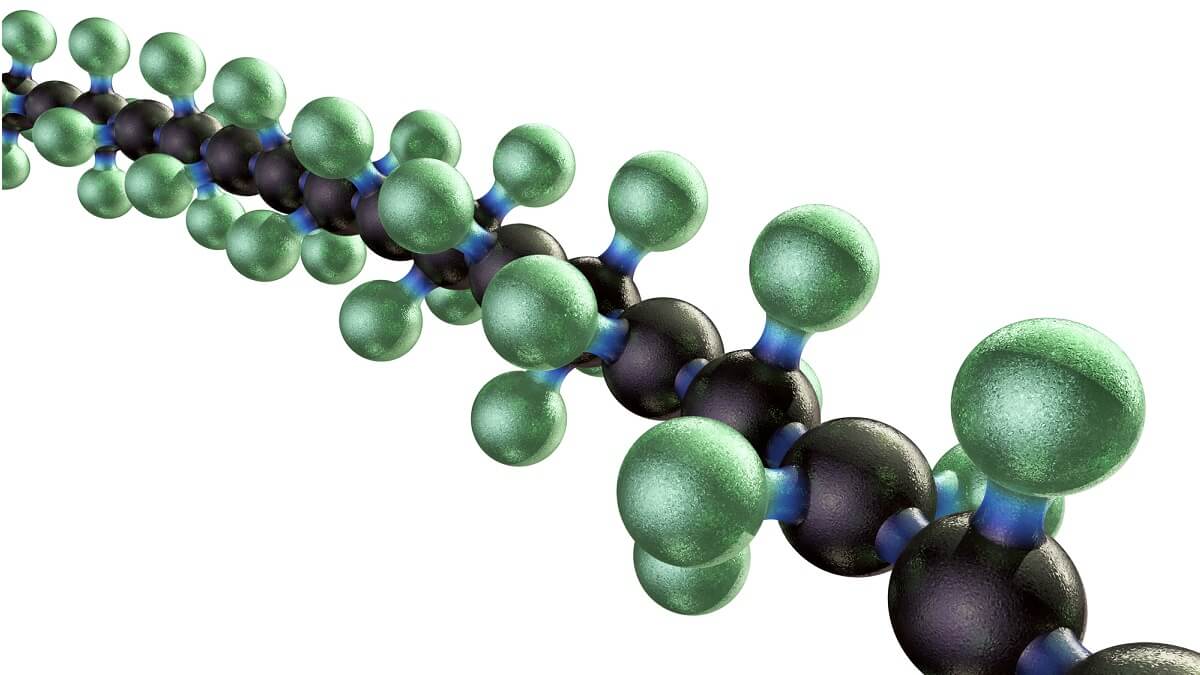Personalized Polymers: Tailored Solutions for Distinct Applications
Personalized Polymers: Tailored Solutions for Distinct Applications
Blog Article
Checking Out the Varied Applications and Benefits of Polymers in Different Industries
Polymers, with their varied variety of buildings and functionalities, have actually become indispensable in different markets, each reaping unique gain from their application. Polymers. From enhancing safety and efficiency in the automotive market to changing medical devices in the health care sector, polymers play a crucial duty. Their green nature is changing the landscape of sustainability methods. As we explore the midsts of polymers in electronics, we reveal cutting-edge advancements, while their structural stability changes the realm of construction and framework. The pervasive influence of polymers throughout sectors is a testament to their flexibility and versatility, shaping the future of plenty of markets.
Automotive Field Applications
Polymers play a pivotal duty in improving the efficiency and toughness of various parts within the automotive industry. These flexible products are extensively made use of in the production of different parts, varying from interior parts to under-the-hood applications. One popular use polymers in the automotive sector is in the manufacturing of lightweight elements. By replacing conventional steel get rid of polymer-based options, automobiles can achieve enhanced gas effectiveness without compromising on stamina or safety and security.

Medical Care Market Benefits
In numerous medical care applications, the benefits of using polymers are commonly identified for their diverse array of useful homes. Polymers play a critical function in the healthcare market because of their adaptability, biocompatibility, and cost-effectiveness. One of the primary advantages of polymers in medical care is their capacity to be customized to details demands, such as adaptability, resilience, and biodegradability, making them suitable for a variety of clinical applications.
Polymer-based materials are extensively utilized in medical devices, such as catheters, implants, prosthetics, and drug shipment systems, as a result of their biocompatibility and capacity to imitate natural tissues. These products can minimize the risk of allergic responses or beings rejected, enhancing person safety and security and outcomes. Additionally, polymers are lightweight, making them ideal for wearable clinical gadgets and making sure client convenience.
In addition, polymers allow the development of cutting-edge treatment methods, such as hydrogels for tissue engineering and nanocomposites for targeted medicine distribution. Their simplicity of find handling and sanitation makes them crucial for keeping high requirements of hygiene in healthcare settings. Generally, the diverse benefits of polymers add dramatically to developments in medical technology and person care.
Environmental Advantages of Polymers

Furthermore, polymers can add to energy cost savings as a result of their light-weight nature. In markets such as transportation, lightweight polymer products can help in reducing gas consumption and greenhouse gas discharges. Furthermore, polymers can enable the growth of energy-efficient products such as insulation products that enhance power preservation in structures.
In addition, polymers play a critical function in minimizing you could try this out water air pollution. For instance, using polymer-based filtration systems can properly eliminate contaminants and contaminants from wastewater, protecting water resources and environments. Generally, the ecological benefits of polymers make them useful properties in promoting sustainability and environment-friendly techniques throughout numerous markets.
Polymers in Electronics and Technology
Taking into consideration the boosting need for cutting-edge and lasting options in contemporary industries, the combination of innovative polymer modern technologies in the realm of electronic devices and modern technology has actually become a crucial approach for driving effectiveness and efficiency. Polymers have changed the electronics market by allowing the production of lighter, much more flexible, and sturdy electronic tools. From mobile phones to medical devices, polymers play an essential duty in improving product design and capability.
One substantial advantage of polymers in electronic devices is their insulating residential or commercial properties, which help secure fragile digital components from ecological factors and electrical disturbance. In addition, polymers are essential in the growth of versatile display screens, wearable modern technology, and published electronics, using endless possibilities for developing clever and interconnected devices.
Moreover, the usage of polymers in electronic product packaging has actually resulted click to investigate in advancements in miniaturization and thermal management, enhancing the overall performance and reliability of electronic systems. As technology continues to develop, the convenience and flexibility of polymers will undoubtedly drive better technology in the electronics market, shaping the future of technology.
Role of Polymers in Building and Facilities
The integration of innovative polymer materials in building and facilities jobs has actually transformed the way frameworks are developed and developed in modern-day times. Polymers offer various advantages in the building and construction industry because of their adaptability, durability, and cost-effectiveness. One key duty of polymers in building and construction is their use in finishings and sealants, providing defense against environmental variables such as moisture, UV radiation, and corrosion. Additionally, polymers are made use of in the production of light-weight and high-strength composite products, improving the architectural integrity of structures while minimizing general weight.
In addition, polymers play an important function in sustainable construction practices by enabling the development of energy-efficient structures. Shielding materials made from polymers aid manage interior temperature levels, lowering the demand for home heating and cooling down systems and inevitably decreasing power usage. Furthermore, making use of polymer-based composites in infrastructure projects such as bridges and roadways boosts their long life and minimizes maintenance costs. Generally, the unification of polymers in building and infrastructure showcases their significant influence on modern-day design techniques.
Final Thought
In conclusion, polymers play a crucial function in numerous sectors such as auto, healthcare, ecological, electronic devices, and building. From improving fuel performance in automobiles to enhancing clinical tools, polymers use various benefits.
Report this page